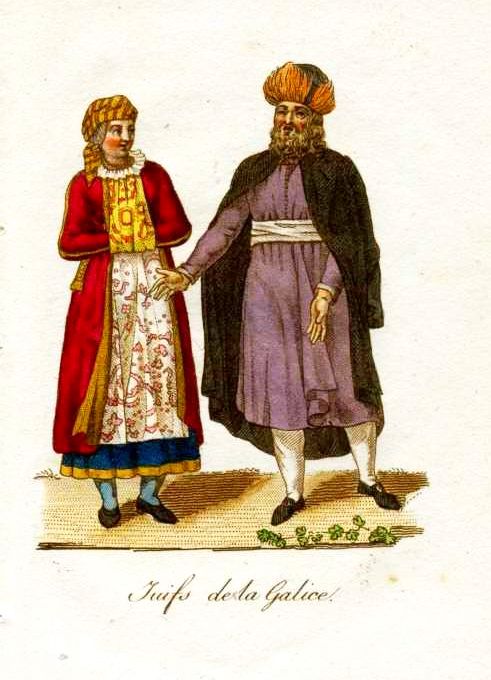“ And Maybe Even Higher”
The rebbe (yiddish for rabbi) was from the town of Nemirov in the Ukraine.
He was nowhere to be seen; not in the synagogue, not in either of the study-houses, not at a prayer gathering, and surely not at home. The house stood open. Anyone who wanted to could go in or out; nobody stole from the rebbe. But not a living soul was to be found in the house.
Where can the rebbe be?
Where could he be?
Once, though, a Litvak (Lithuanian Jew scholar who studied the Talmud) arrived in town, and he scoffed!
To heaven? he sneered when he heard the story. What nonsense! Even Moses couldn’t get into heaven while he was alive.
The rebbe, God bless him, on the bed; the Litvak under the bed.
Finally the rebbe, God bless him, gets out of bed…. He goes to the clothes closet and removes a bundle… peasant garments–linen trousers, great boots, a coat, a big fur hat, and a large leather belt studded with brass nails. The rebbe puts them on. From the pocket of the coat a thick rope sticks out; the kind of rope peasants use!
The rebbe leaves, the Litvak follows. On his way out the rebbe goes into the kitchen stoops, removes an ax from under a bed, thrusts it through his belt, and leaves the house. The Litvak trembles, but he doesn’t falter.
The rebbe, God bless him, enters the wood.
In a back street he stops before a half-collapsed house and knocks at a window.
–Me!–the rebbe answers in a peasant dialect.
–Who “me”?
And the rebbe answers again in Ukrainian: “Vasil” (meaning woodcutter)
–Vasil who? And what do you want Vasil“
–Wood—says the supposed Vasil—I have firewood for sale. Very cheap. I’m practially giving it away!
And without an answer, he walks into the house.
–Buy wood? With what should I buy it? I’m a poor widow; what money do I have?
–You can have it on credit!–answers the supposed Vasil,–it comes to six groschen altogether.
–How will I pay it?–the poor woman groans.
–Foolish woman,–the rebbe lectures her,–here you are a poor sick woman, and I trust you for this bit of wood; I have faith that you’ll pay me. And you have such a great and powerful God, and you don’t trust Him, and you don’t have faith in Him even for a silly six groschens’ worth of wood!
–But who will lay the fire for me–the widow groans–Do I have strength to get out of bed? My son had to stay away at his job.
–I’ll lay the fire for you, too–says the rebbe.
And having put the wood in the oven, the rebbe, with a groan, recited the first verse of the penitential prayers…
And when he had lit the fire and it was burning merrily, he recited the second verse, somewhat more cheerfully.. And he recited the third verse when the fire had subsided into a steady glow and he closed the oven door..
–And maybe even higher!


